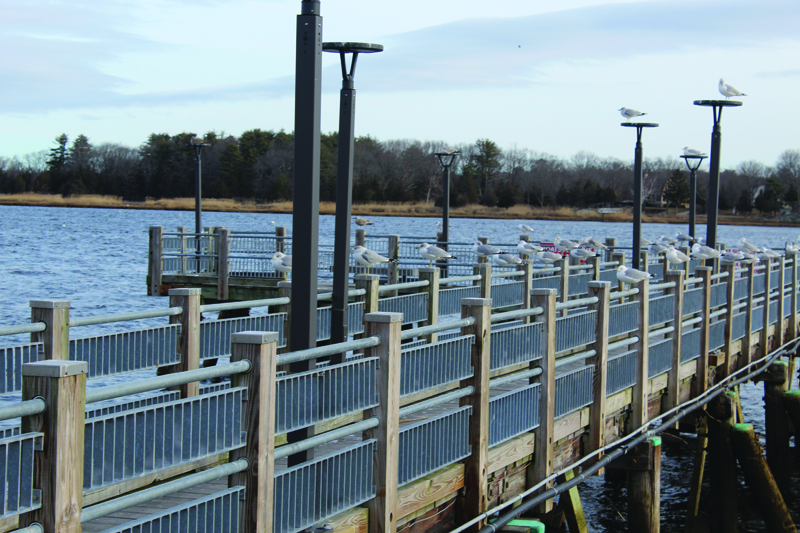REGIONAL – A cleaner Merrimack River may soon be more than a pipe dream.
Last summer was one of the worst for raw sewage flowing downriver by your boat or dock. And don’t expect it to get much better this year, depending on the number of rainstorms that roll through.
But in five to 10 years, the Merrimack may be much, much cleaner, thanks to a continuing effort by the federal, state and local governments and civic organizations like the Merrimack River Watershed Council to fix the persistent problem of Consolidated Sewage Overflow (CSOs) that pollute the river.
The federal Environmental Protection Agency (EPA) and the state Department of Environmental Protection (DEP) have signed an agreement with the city of Lowell, one of the worst contributors of raw sewage to the river, to begin the lengthy process of building separate sewage and rainwater draining pipes.
The agreement with Lowell “will benefit the whole river,” said John Macone, the watershed council’s policy and education director.
CSOs occur when a storm rolls through, dropping several inches of rain, that are drained off the streets through the same pipes that carry raw sewage. The excessive water overflows the treatment plants and is dumped into the river.
The plan to curtail CSOs by building a new network of pipes that transport the sewage and the rainwater separately.
But that is costly, $195 million for Lowell in only its first phase. And it will get more expensive as the project progresses.
That is far more than Lowell can afford. Downriver communities will have to “use their political clout” in Boston and Washington, D.C. to secure the multi-millions of dollars needed to fix the sewage dumping problem, Macone said.
The agreement, which included a $200,000 fine, between the environmental agencies and Lowell “will make the river much cleaner,” Macone said.
Lowell dumped 850 million gallons of sewage last year into the Merrimack, a record year where a total of about 2 billion gallons of sewage was released into the river by all municipal treatment plants.
The city of Manchester, NH, the top polluter on the river, allowed 875 million gallons of sewage, about 43 percent of the river’s total volume. The large New Hampshire city is about three years into a massive project to separate its pipes, which is expected to cut its sewage flow by 90 percent.
Lowell, according to Macone, generates about 41 percent of the CSO wastewater discharged into the river. Under the plans filed under the agreement, Lowell is expected to cut its CSO volume by about 25 percent.
Macone said Lowell will also have to begin working on cutting another 65 percent of its CSO volume.
The Watershed Council, other environmental groups, plus local officials like Newburyport Mayor Sean Reardon, are asking the state Legislature to create a commission that would focus on pollution and climate change issues affecting the Merrimack River.
Don’t Go in the River — Yet
Tuesday February 13, 2024

Seagulls perched along the Newburyport boat ramp dock



